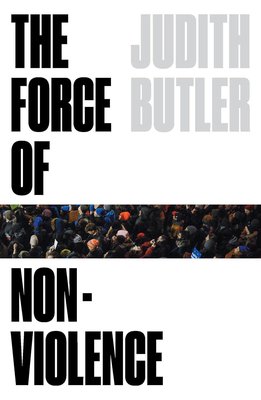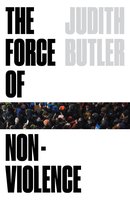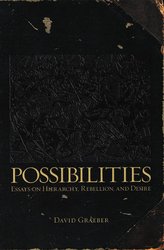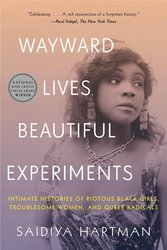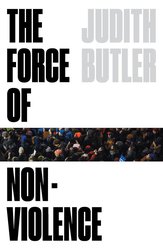“The most creative and courageous social theorist working today” examines the ethical binds that emerge within the force field of violence (Cornel West). “ . . . nonviolence is often seen as passive and resolutely individual. Butler’s philosophical inquiry argues that it is in fact a shrewd and even aggressive collective political tactic.” — New York Times Judith Butler shows how an ethic of nonviolence must be connected to a broader political struggle for social equality. While many think of nonviolence as passive or individualist, Butler argues nonviolence is an ethical position found in the midst of the political field. She champions an ‘aggressive’ nonviolence, which accepts hostility as part of our psychic constitution—but values ambivalence as a way of checking the conversion of aggression into violence. Some challengers say a politics of nonviolence is subjective: What qualifies as violence versus nonviolence? This distinction is often mobilized in the service of ratifying the state’s monopoly on violence. Considering nonviolence as an ethical problem within a political philosophy requires two things: a critique of individualism and an understanding of the psychosocial dimensions of violence. Butler draws upon Foucault, Fanon, Freud, and Benjamin to consider how the interdiction against violence fails to include lives regarded as ‘ungrievable’. By considering how “racial phantasms” inform justifications of state and administrative violence, Butler tracks how violence is often attributed to those who are most severely exposed to its lethal effects. Ultimately, the struggle for nonviolence is found in modes of resistance and social movements that separate aggression from its destructive aims to affirm the living potentials of radical egalitarian politics.
